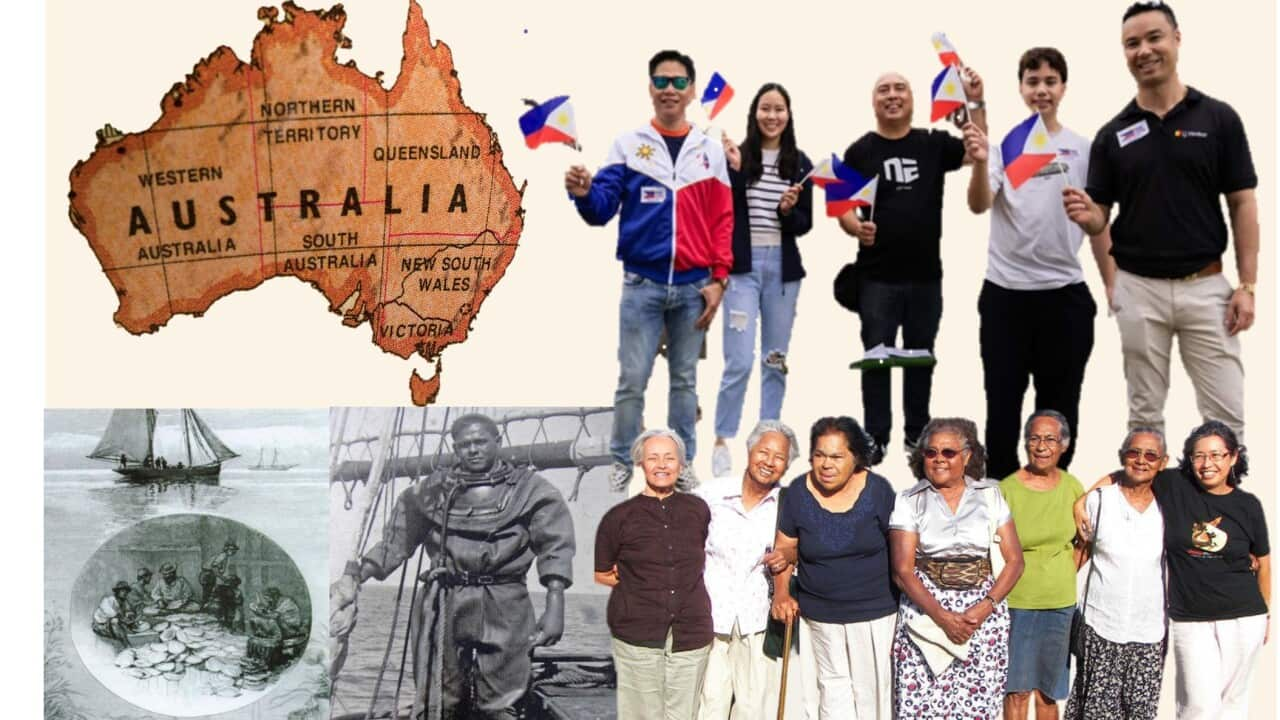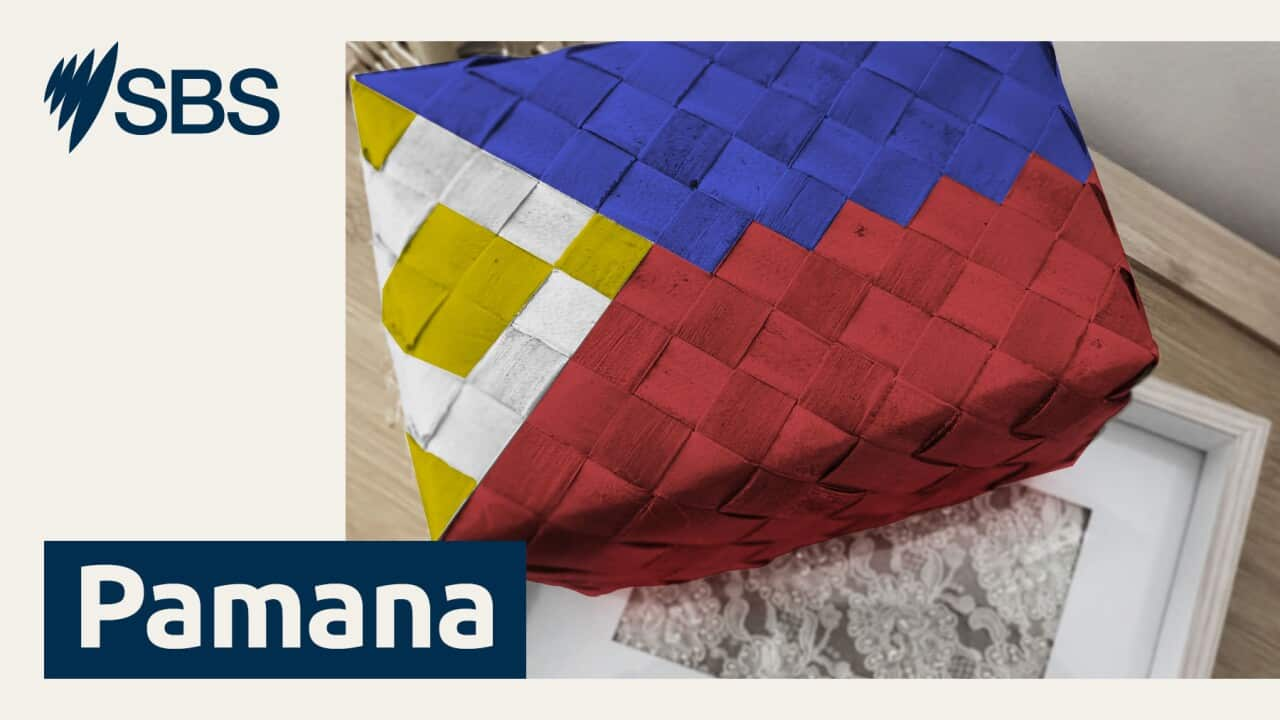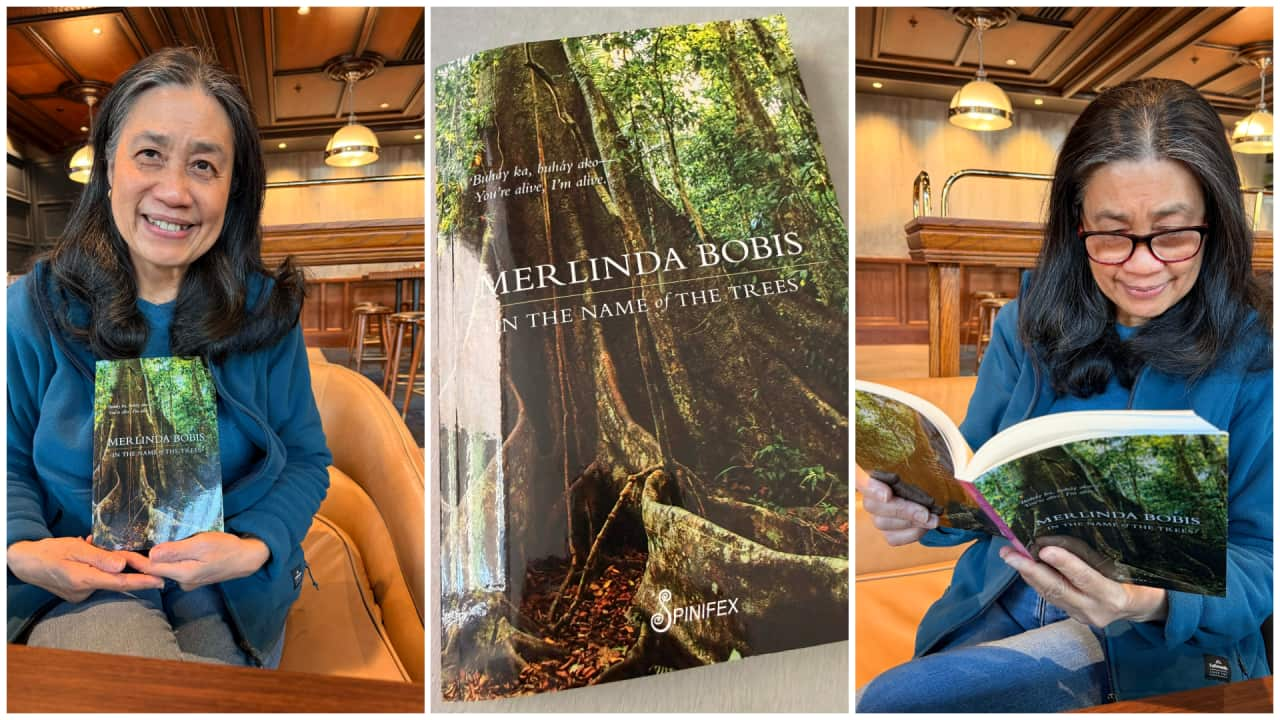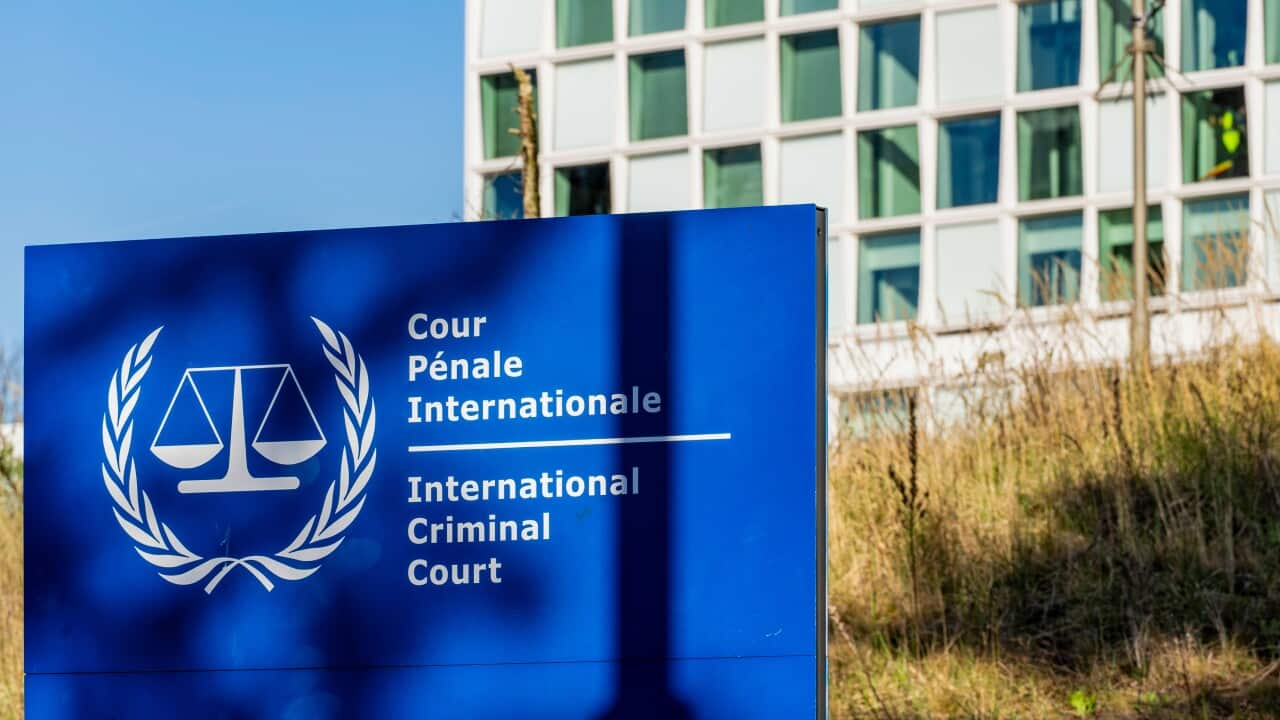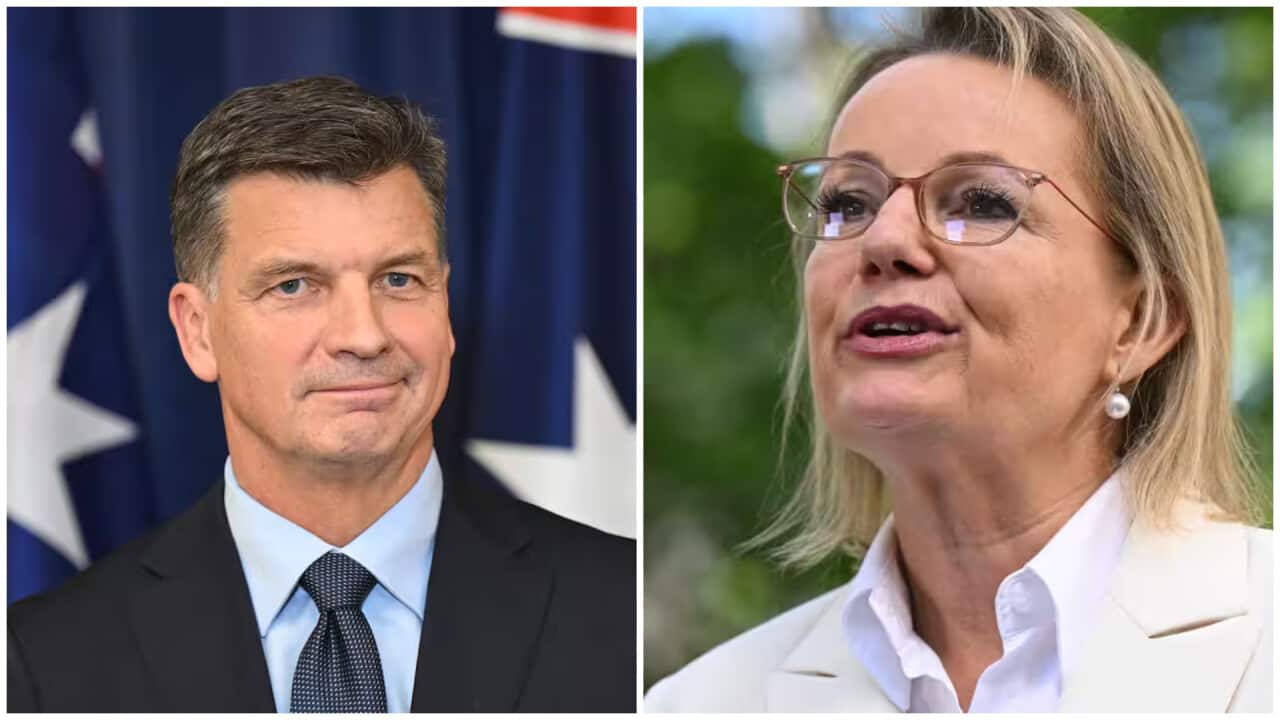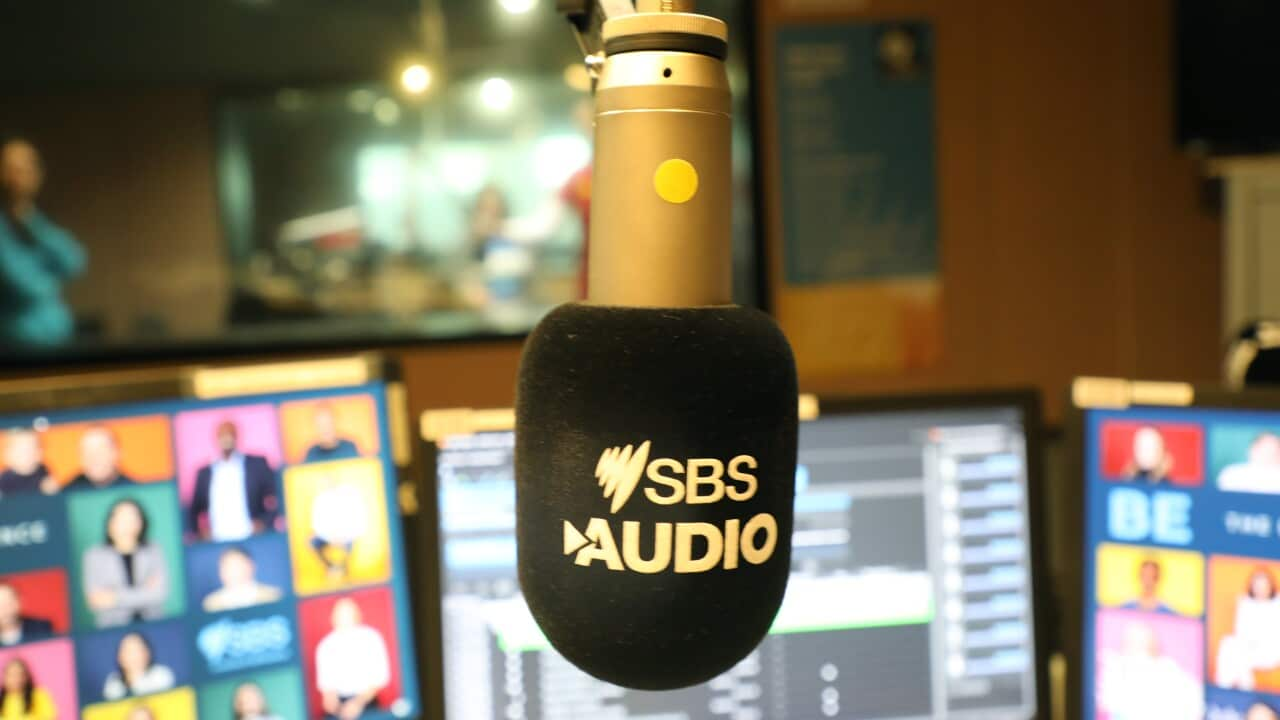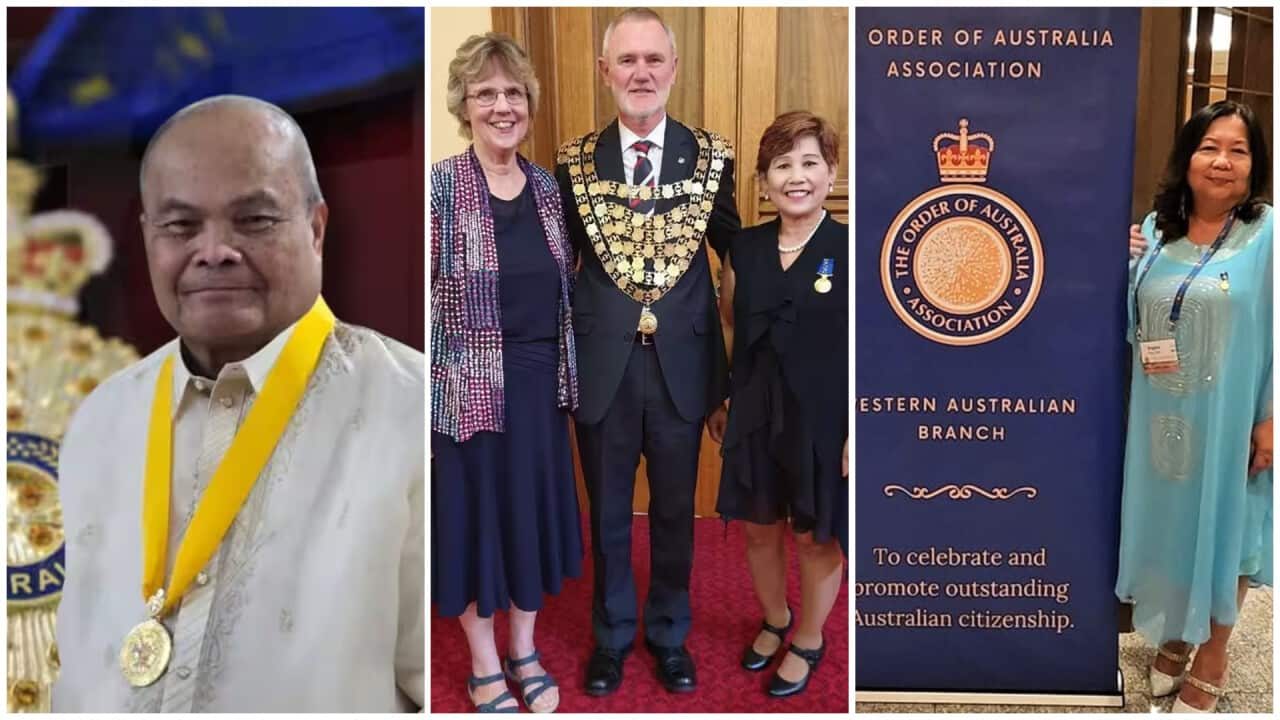Key Points
- The Philippines and Australia have shared a strong connection since the 19th century, beginning with trade in Australian dairy and Philippine sugarcane and sugar. Their diplomatic relations was formalised in May 22, 1946.
- Historically, the first recorded Filipinos in Australia were the Manilamen, Filipino pearldivers in Queensland and the Northern Territory. In her book Re-imagining Australia: Voices of Indigenous Australians of Filipino Descent, Deborah Ruiz-Wall chronicles their stories, the families they built, and the generations of descendants who continue their legacy.
- From the late 1970s to the early 1980s, the second wave of Filipinos arrived in Australia following the abolition of the White Australia Policy, with a peak influx of students and skilled workers. The Filipino community has continued to grow, now numbering over 400,000, actively contributing to Australia’s culture, education, and economy.
Sydney-based author Deborah Ruiz-Wall and South Australian retired Army Major Paul Rosenzweig have dedicated their research to uncovering the history of early Filipinos in Australia, tracing the descendants of Filipino pearl divers and soldiers who served in the Australian Army in the 1800s.
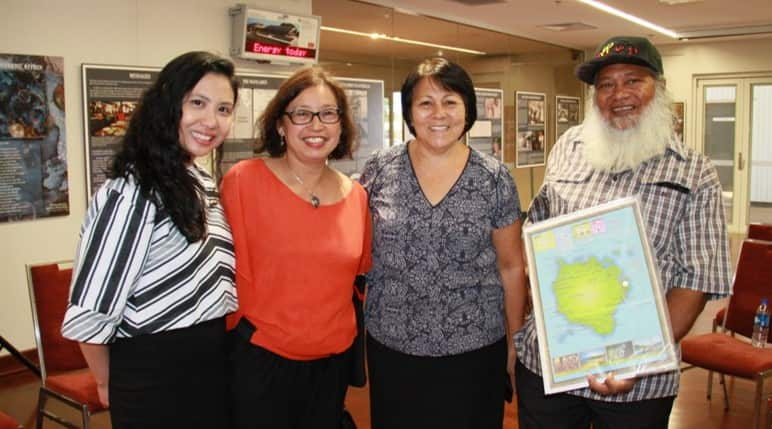
"They've came from the Philippines at the end of the 19th century. Some of them as early as 1870s and they came to Thursday Island in Far North Queensland as pearl divers and around the turn of the century, most of them came across to Darwin and because they'd been here for certain amount of time, they can apply for citizenship. Many of them got their citizenship in Queensland," shares Retired Army Major Paul Rosenzweig who researched on the Filipino-Australians who served in the Australian Imperial Force during World Wars I and II.
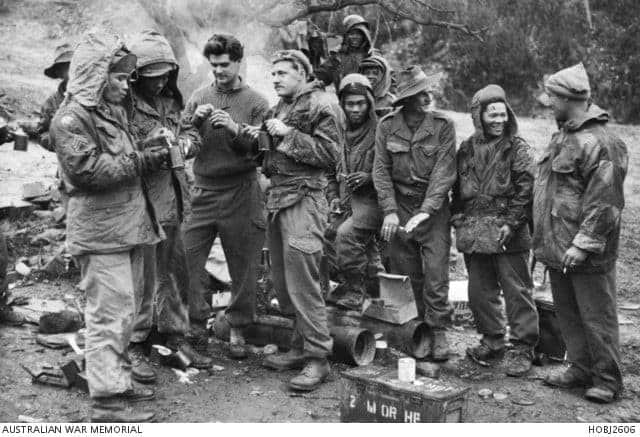
📢 Where to Catch SBS Filipino
🔊 On Air – Tune in to SBS Filipino on radio stations across Australia and website live stream, and TV Channel 302 from 10 AM to 11 AM AEST daily.
📲 Catch up episodes and stories – Visit sbs.com.au/filipino
or stream on Spotify, Apple Podcasts, Youtube Podcasts, and SBS Audio app.
📣 Follow Us on Social Media – Stay updated by following us on Facebook and Instagram.
